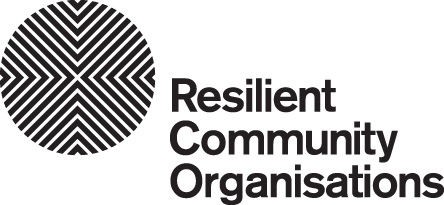Key messages
The primary indicators of vulnerability to disasters and emergencies are poverty, disadvantage and social isolation. People with the least resources tend to live in areas that are highly exposed to disasters and often lack the resources they need to recover. While many people in an impacted community will be affected in some way, the stark reality is that people who are disadvantaged are most likely to die in a disaster.
At the same time, climate change is bringing with it the likelihood of more frequent and more intense extreme weather events, which have the potential to cause natural disasters. Again, it is people and communities experiencing poverty and disadvantage that will be first and worst affected as climate change accelerates and the number of extreme weather disasters experienced across Australia increases.
Community organisations play a critical role in supporting people and communities experiencing poverty and disadvantage to manage everyday adversity as well as in times of crisis. Their role in supporting communities to recover from disasters and emergencies is increasingly recognised by communities, governments and emergency services.
However, community organisations are generally not well prepared for disasters and emergencies. A key risk from being poorly prepared is that in the aftermath of a disaster or emergency, community organisations will be unable to provide services to their communities at a time when they are needed most.
Community organisations need to step up to their role in building organisations and communities that are resilient in the face of disasters and emergencies.
Stepping up is consistent with having a risk management framework, but in practice many organisations' risk management frameworks don't identify or address the risks from disasters and emergencies. To help fill this gap, the resources in this website focus specifically on building disaster resilience for community organisations.
Community organisations have had and continue to have an important role to play in advocating for the policies needed to create a fairer Australia. As climate change and disasters disproportionately impact people experiencing poverty and disadvantage, we need to ensure we are part of discussions about how to minimise the negative impacts and ensure equitable access to the opportunities that arise in local communities and in state and national forums.





